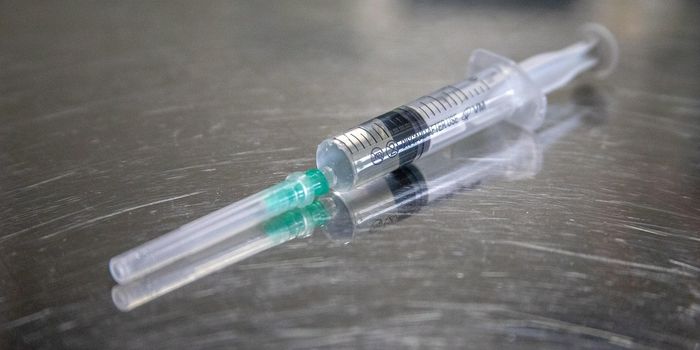Hormone therapy for prostate cancer helps many men to live longer. The therapy can reduce or block the production of androgens, the male sex hormones that help prostate cells grow and function, but can also fuel cancer cell growth. Proteins in prostate cells, called androgen receptors (AR), steer this process.

According to Scott Dehm, PhD, an associate professor at the Masonic Cancer Center at the University of Minnesota, "AR proteins are the master regulators in prostate cells. The prostate gland doesn't even form in men if the AR isn't functional." His findings are reported by Kelli Miller on the
American Cancer Society website.
The AR protein is usually "turned off." When androgen hormones, such as testosterone, move through the bloodstream, they attach to these AR proteins, switching them "on." This begins a complex process of genetic signaling that instructss prostate cells to reproduce. If prostate cancer develops, the cancer cells at first keep their dependence on these AR proteins. They require androgens to grow, but, over time, the cancer cells adapt, grow and spread even when men have low levels of testosterone and other androgens.
Dehm explains, "That's why therapies to remove testosterone are initially very effective but with time, they fail. Once they do fail, that's the type of prostate cancer that kills patients. That is what is responsible for prostate cancer being the second leading cause of male cancer death."
This type of prostate cancer is called castration-resistant, androgen-independent, or androgen-refractory cancer, and there is currently no effective treatment. Dehm hopes to change that. In the last three years, with a grant from the American Cancer Society, he has made progress in understanding the genetics of prostate cancer and how it thrives in an androgen-free environment.
Understanding how and why prostate cancer changes from a disease that responds to androgen-targeting therapies to one that resists such treatment is a focus of Dehm's research. He has made a major discovery during the time he had his Society grant. He found that there are gene-level changes within prostate cancer cells that alter the blueprint for how the AR protein is made, resulting in different forms of the receptor with two important new characteristics. First, the part of the protein targeted by anti-androgen drugs during prostate cancer treatment is missing. Second, these new forms of the androgen receptor are always active. According to Dehm, "They don't need the testosterone signal to turn them on anymore. The activated receptors can constantly provide the cancer cell with the signal that would otherwise be provided by testosterone."
Next, Dehm wants to determine whether these novel versions of AR represent an important contributor to resistance in most patients with prostate cancer, or if they are the key driver of resistance in only a subset of patients. He is now pursuing clinical studies to determine what percentage of men with castration-resistant cancer develop resistance through this newly identified manner. The discoveries have highlighted a potential new vulnerability within prostate cancer cells.
"Now that we know that these forms of AR exist within tumors cells and they don't respond to anti-androgens, the questions become how can they be targeted and what do they respond to?" Dehm asks. "If we can find ways to inhibit these new forms that are always on, it may provide a benefit for patients with advanced prostate cancer."
The ultimate goal is to develop new hormone-targeted drugs that work better and longer to keep prostate cancer from spreading. The findings could be used to guide therapy and prevent anti-androgen medications from being used when the cancer is resistant to it.
Dehm concluded, "It could be used as a biomarker to make sure the right patient is given the right medicine at the right time in their therapy. Anti-androgen therapies are not without side effects. It would be undesirable to experience the side effects if it is not going to help rid them of their cancer."









